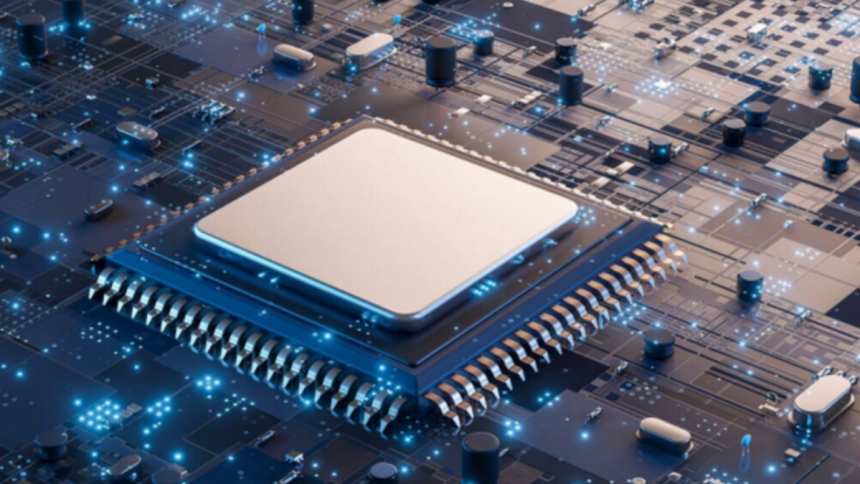Chips, as the core components of modern electronic technology, are widely used across various aspects of contemporary society. From advanced aerospace technology to essential everyday electronic devices, chips play a crucial role.
1. Communication Field
In the communication field, chips are ubiquitous. The development of mobile communication, wireless communication, and satellite communication technologies all rely on the support of chips. For instance, the baseband chips and RF chips inside mobile phones, a must-have communication tool in modern life, are key to enabling communication functions. With the ongoing advancements of next-generation communication technologies like 5G and 6G, the performance requirements for chips are increasing, further driving innovation and application in the communication industry.
2. Computer Field
In the computer industry, chips also hold a critical position. Whether in desktop computers, laptops, or tablets, key components like the central processing unit (CPU) and the graphics processing unit (GPU) are all composed of chips. The performance of these chips directly determines the computing speed and processing power of the device. With the rise of cloud computing and big data, the demand for high-performance computer chips continues to grow, prompting manufacturers to develop more powerful and energy-efficient chip products.
3. Automotive Electronics Field
Automotive electronics is one of the key trends in the automotive industry, and chips are crucial to this transition. Chips are widely used in engine control, body control, safety systems, and in-vehicle entertainment systems. As technologies such as autonomous driving and intelligent connectivity evolve, the demand for automotive chips is expected to continue growing, positioning the automotive electronics sector as a significant growth area for chip applications.
4. Consumer Electronics Field
Chips are also extensively used in the consumer electronics sector. Household appliances like refrigerators, washing machines, and air conditioners, as well as personal electronics like smartwatches and smart glasses, all require chips to enable various functions. With the rise of concepts like the Internet of Things (IoT) and smart homes, along with improvements in living standards, demand for consumer electronics will continue to grow, driving the application and development of chips in this field.
5. Industrial Control Field
In industrial control, chips are widely utilized in various automation devices. For instance, robots, CNC machines, and automated production lines in factories rely on chips for precise control and operations. With the advent of Industry 4.0 and increasing levels of industrial automation, the demand for industrial control chips will continue to rise, pushing manufacturers to develop more high-performance and reliable products.
6. Medical Electronics Field
Chips are also increasingly used in the medical electronics field. In medical diagnostic equipment, chips help perform complex algorithms and data processing tasks, while in wearable medical devices, they monitor users’ physiological data and transmit the data to the cloud for analysis. As people become more concerned with health management and medical technology continues to advance, the demand for chips in the medical field will keep growing.
7. Aerospace Field
In aerospace, the high performance and safety requirements of products make chip performance and quality exceptionally stringent. Whether in aircraft or satellites, high-performance chips are essential for their operation and mission success. As aerospace technology progresses and humanity continues to explore space, the demand for aerospace-grade chips will also rise.
In summary, chips, as a core component of modern electronic technology, play a crucial role in many fields, including communication, computing, automotive electronics, consumer electronics, industrial control, and medical electronics. As technology advances, living standards improve, and emerging markets like IoT and smart homes grow, the scope and depth of chip applications are expected to expand further in the coming years.
Lynn Martelli is an editor at Readability. She received her MFA in Creative Writing from Antioch University and has worked as an editor for over 10 years. Lynn has edited a wide variety of books, including fiction, non-fiction, memoirs, and more. In her free time, Lynn enjoys reading, writing, and spending time with her family and friends.















